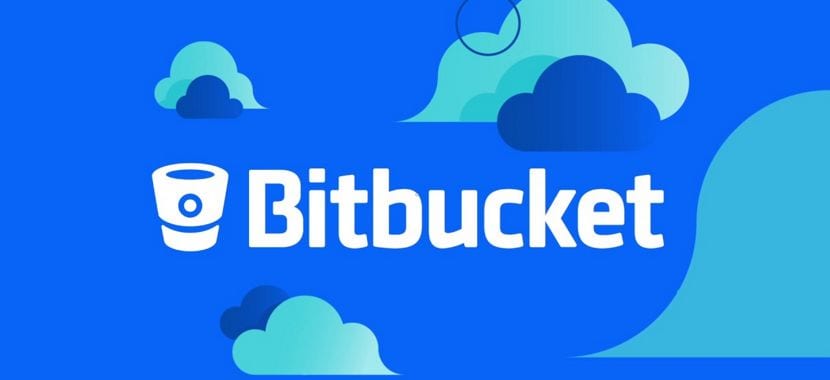
By posting in the blog of the popular collaborative development platform Bitbucket, it was announced that this platform will no longer be compatible with the source control system Mercurial which will instead be changed in favor of Git.
It is important to remember that initially the Bitbucket service focused only on Mercurial, but starting in 2011, it also started providing support for Git. It is noted that Bitbucket has now evolved from version control tools to a platform to manage the complete software development cycle.
This year, Bitbucket development will focus on the field of joint development and automation tools expansion, which will help simplify project planning, coding, and deployment.
With more than 28 million repositories, Bitbucket celebrated its 10 million registered userss on Bitbucket Cloud last April. Bitbucket offers integrations with tools such as Jira, Trello and the rest of the tools of the Atlassian family, which owns the platform.
The platform allows you to deploy, test, monitor, analyze code or store objects. Provides open integrations with AWS, JFrog, Datadog, LaunchDarkly, Slack, and more.
The reason you are leaning towards using git is because Support for two version control systems slows down and complicates the implementation of the plans, so it was decided to focus all attention only on Git and abandon Mercurial entirely. Git is selected as a more relevant, functional and popular product.
Bitbucket team plans to finalize creation of new Mercurial repositories by users from the 1 of February of 2020.
Then, As of June 1 of the same year, users will not be able to use Mercurial features on Bitbucket or through its API and all Mercurial deposits will be removed. As for all of Bitbucket's current Mercurial features, they will be available until May 31 of next year, before being phased out.
So users are encouraged to migrate to Git, for which utilities are offered to convert repositories. If the developers don't want to change the usual tools, it is proposed to switch to other open source hosting services. For example, Mercurial support is provided at SourceForge, Mozdev, and Savannah.
According to the Bitbucket team, building quality items requires intense attention.
"Since Git is the most widely used tool, Mercurial runs the risk of neglecting problems as we evolve," the blog post reads.
To justify its decision to abandon Merccurial support, the Bitbucket team reports the results of a survey
According to the Stack Overflow survey, almost 90% of developers prefer Git, and only 3% of respondents use Mercurial.
Bitbucket's internal statistics confirm a similar trend, showing a steady decline in Mercurial's popularity: less than 1% of new Mercurial users are selected. At the same time, Mercurial continues to be used to develop projects for Mozilla, OpenOffice.org, OpenSolaris, OpenJDK, Nginx, Xine, and W3C.
How to migrate and export mercury deposits?
- Bitbucket recommends that development teams migrate their existing Mercurial repositories to Git.
To do this, offers different Git conversion tools that are on the market, including hg-fast-export and hg-git mercurial plugin.
To support the migration of its customers, Bitbucket has created the following resources to provide the knowledge and tools necessary for a better transition: a dedicated community thread to discuss conversion tools, migration, tips, and information troubleshooting help and a Git tutorial that covers the basics of generating pull queries, creating new databases, and Git hooks.
However, for those customers who prefer to continue using the Mercurial system, there are a number of free and paid Mercurial hosting services, according to the blog post.